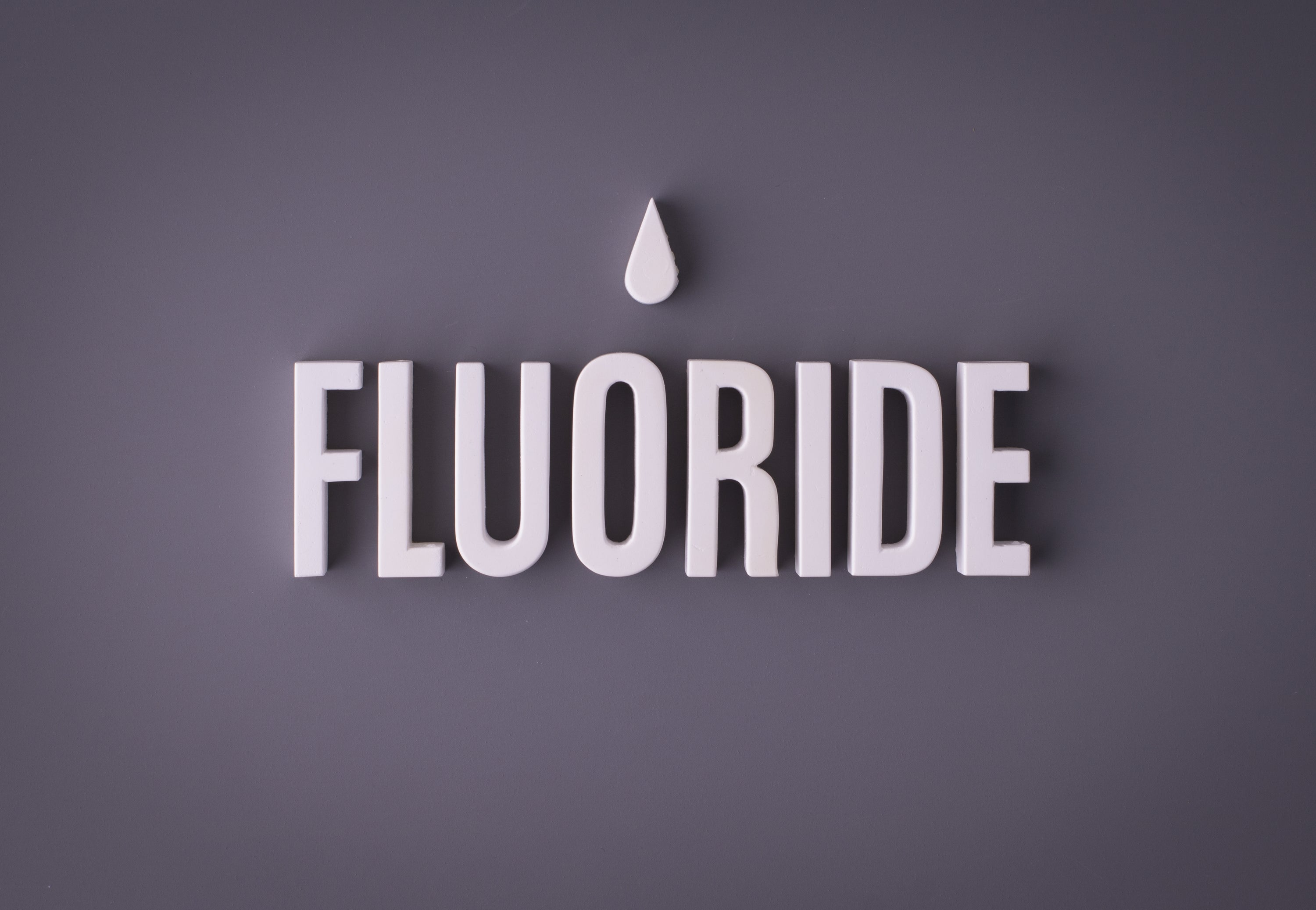Flouride

Fluoride is a mineral that plays a crucial role in maintaining good oral health. But what exactly is fluoride and how does it benefit your teeth?
What is Fluoride?
Fluoride is a naturally occurring mineral found in water sources and certain foods. It is known for its ability to strengthen tooth enamel, making it more resistant to acid attacks that can lead to tooth decay.
How Does Fluoride Work?
When fluoride is present in the mouth, it helps to remineralize the enamel, repairing damage caused by acid-producing bacteria. This process can reverse early signs of tooth decay and prevent cavities from forming.
Benefits of Fluoride
Research has shown that communities with fluoridated water have significantly lower rates of tooth decay compared to those without. In fact, studies have shown that fluoridated water can reduce cavities by up to 25% in children and adults.
Fluoride Sources
Aside from water, fluoride can also be found in toothpaste, mouthwash, and professional dental treatments. Using fluoride toothpaste and mouthwash as part of your daily oral hygiene routine can help protect your teeth from decay.
Fluoride Treatment
For those at higher risk of cavities, such as children, seniors, and individuals with certain medical conditions, dentists may recommend additional fluoride treatments. These treatments can be applied as a gel, foam, or varnish directly to the teeth.
Conclusion
Fluoride is a powerful tool in the fight against tooth decay and cavities. By incorporating fluoride into your oral care routine, you can strengthen your enamel and maintain a healthy smile for years to come.








